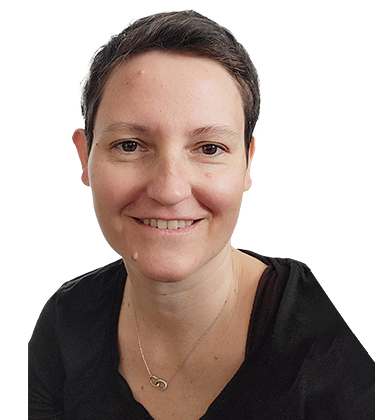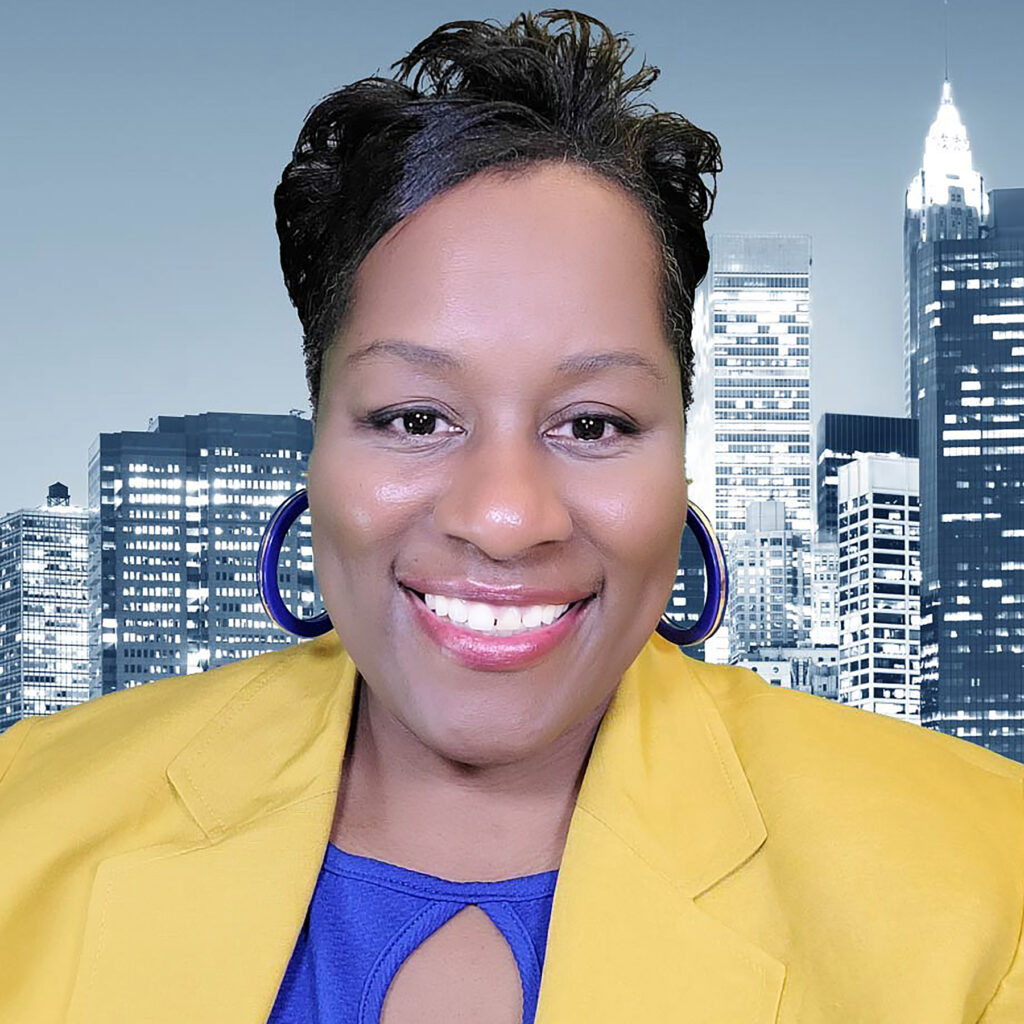This is Part Two of a three-part series called Your Career Journey. Recap on Part One (Résumé Prep & Job Search), here.
Preparation, Preparation, PREPARATION!
So you’ve applied to a few positions of interest and have received a couple of invitations for job interviews. Congratulations! You have transitioned from a job applicant to a job candidate.
The next big event is preparing to meet face-to-face (in person or virtually) with your prospective employer. Here are tips to get you started:
- Get comfortable describing your experience as it relates to the vacant position.
- Know the specific interview questions or topics or that are illegal to ask and understand how to respond.
- Be able to identify the company outreach effort that resonates most with you and why.
- Be comfortable discussing how the company’s philosophy aligns with your values.
- Review your references to check all contact details are up to date.
- Be ready to backup your résumé claims through recruitment tests (e.g. typing speed, website design, editing or writing tasks, etc.)
- Know the industry average salary and range for the position, so you don’t undercut yourself at negotiation time.
- Bring hard copies of your résumé, references, clearances, test results, and presentation deck (every document you were requested to send, including a few extras). These will also act as handy references you can glance at if the nerves kick in.
- Have a flash drive for quick electronic access or sharing.
During Job Interviews: Are You the One?
We asked the Coaching Team to share some of their memorable job interview experiences, as either the interviewer or interviewee. Here’s what each had to say.
Demonstrate How You “Match” the Organization

Coach Mike Barzacchini explains how illustrating how your unique skills and experience can solve problems for the organization can help you win over recruiters…
“When I interview for a job, I try to apply my experience to what I feel the company seeks. What can I bring that adds value? How can I serve and solve? I let this approach guide my answers and my questions. Sharing a case study – a real example of how your work made a difference for a former employer – is a great way to win over a potentially skeptical interview team. It’s even better if you can relate how that type of work would make a difference for their organization. My favorite advice to job applicants is to make sure to communicate what makes them excited, uniquely interested in, and qualified for the position.”
Listen Out for “Alarm Bells”

Not every interview, however, is a “bed of roses.” Coach Zala Bricelj reveals how sometimes the interview can unearth hard truths or even raise “alarm bells” …
“It’s when it becomes apparent that there is a reason why the employer has a high turnover and/or is repeatedly searching for potential candidates. It’s those times in the interviewing process when it’s clear that leadership, HR and departments are off-synch or working in their own siloed workplaces, and it all comes out in the meeting with the interviewers.
“I have experienced a few situations like this. One time they said to my face that my résumé was too good and I should be searching for a job abroad and not waste time in my homeland. Another time, the interviewer told me that the job posting was just an “official need-to-do” and that the company already had a candidate lined up. And the cherry on top? I went in for an interview that became a promotion for an MLM pyramid scheme.”
Show Empathy and Compassion

Coaching team leader Yolande Conradie reminds us to be empathetic and compassionate with others…
“I always appreciated interviewees who came prepared. To me, that’s someone who’s done some research about the company and is able to ask pertinent questions about it. I learned not to look at appearance too hard because I live in a country where many people are poor. However, I could always see when someone has tried to make a good impression – even if their clothes were old and their shoes worn. Another reality of South Africa is that many people who use English as their business language are third- or fourth-language English speakers. I had to learn to listen past language errors unless proficiency in English was a job requirement. (Ditto their résumés. Poverty often means that people don’t have money to have their résumé produced professionally.)”
Are You the Good Cop or the Bad Cop?

Coach Sarah Harvey shares how she learned that sometimes the way we think we’re presenting ourselves can be very different to how we’re being perceived…
“The most memorable experience for me was when I was leading a whole set of interviews of internal candidates as part of a departmental restructuring. I chaired every interview and was joined by a range of managers who would work alongside me to recruit the roles within their teams.
“People thanked us for our professionalism, and many commented on the robustness of the process, describing it as a ‘good cop, bad cop’ experience. ‘That’s nice,’ I said to one interviewee, as this had by then become common feedback, ‘I’m pleased I’ve been the warm and friendly face of a potentially difficult organizational process.’
“‘Oh no,’ they told me, ‘You’re the bad cop! You ask really challenging questions and won’t let things go on face value.’ I had no idea I’d come across that way. And it was really powerful learning for me which I’ve been mindful of in every interview since. It goes to show interviews can provide a positive learning experience not only for interviewees but for interviewers, too.”
Job Interview Hacks
During a job interview, it can be hard to remember all the things you want to ask and say, so here are some handy hacks to help you get the most out of the experience:
- Bring a small list of questions about the position or company. The recruiter may answer them before you need to ask, but it’s always good to have a reminder somewhere of the key questions you may have gathered during your job prep.
- Check your appearance – before you leave and before the interview begins.
- Top candidates often set themselves apart because they bring genuine enthusiasm and curiosity about the role. So be sure this comes across in your interview.
- Be honest about what you can deliver, and your expectations.
- Never lie in an interview. Irrespective of what people tell you, do not “fake it till you make it.” Chances are that you’ll be unmasked because faking often leads to mistakes – and mistakes cost money.
- At the end of the interview, remember to thank the recruiters and note down relevant decision dates and recruitment process methods that they need to adhere to. If the recruiter hasn’t already mentioned these details, be sure to ask so you know what’s likely to happen next.
- If you haven’t heard back, send a follow up after two to three days. Be polite and remember to thank them for the opportunity.
- Most importantly… be truthful, be honest and be yourself!
Explore More Resources at Mind Tools…

If you want to discover more job interview tips and techniques, check out the following from Mind Tools. (Note that you will need to be a Mind Tools Club or Corporate member to see the resources in full).
How to Prep for a Job Interview
How to Answer Interview Questions
Interview Skills
How to Ace a Video Interview
Tricky Interview Questions: Tell Me About Yourself
Tricky Interview Questions: What Are Your Strengths and Weaknesses?
Tricky Interview Questions: Why Do You Want This Job?

About the Author:
Sonia is an experienced meeting & event manager with over 20 years in conferences, exhibits, and corporate social events. She also owns a visual branding company.
Sonia joined the Mind Tools coaching team in 2021, and enjoys connecting people with resources to help them reach their goals. In her spare time, she is a photo enthusiast who reviews products, completes store scavenger hunts, and explores nail art/design.



